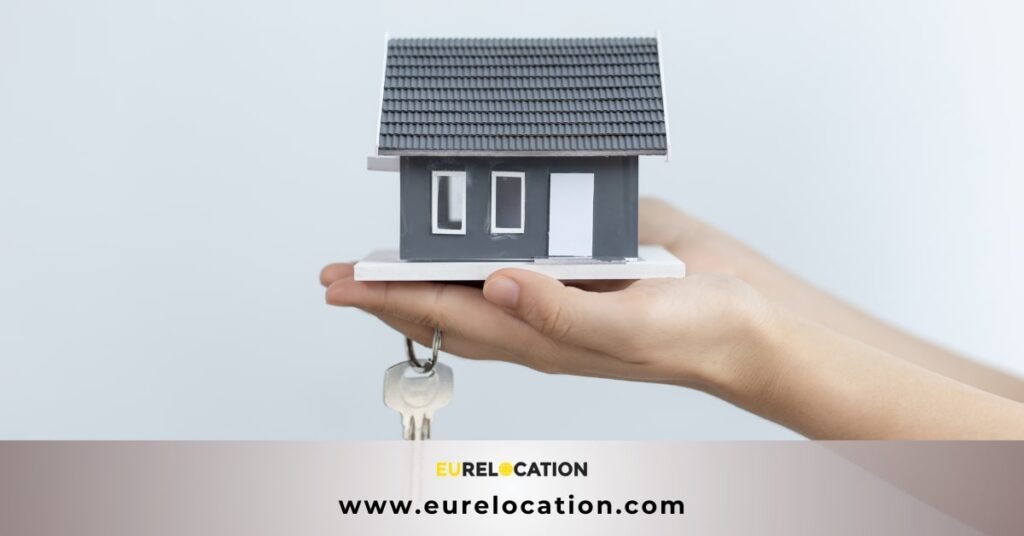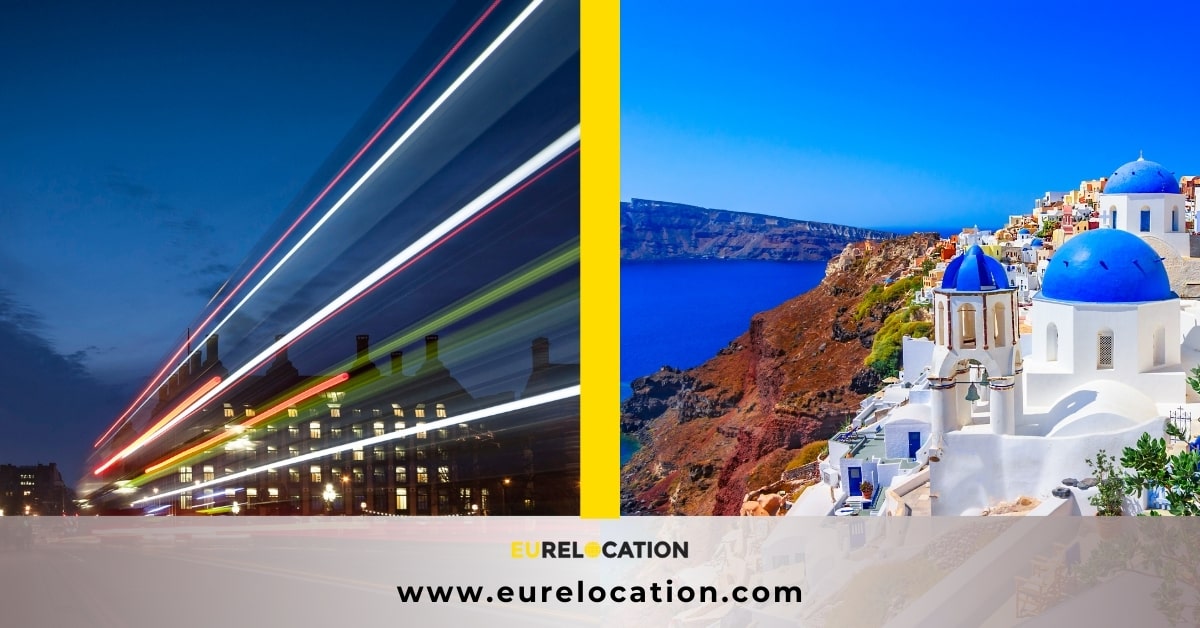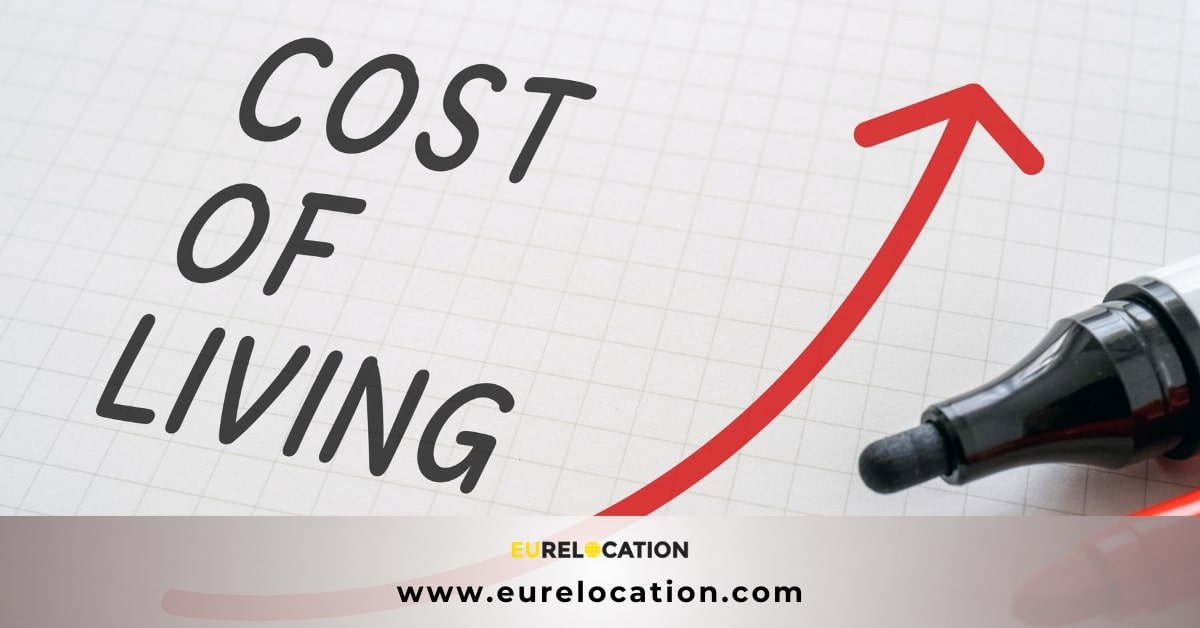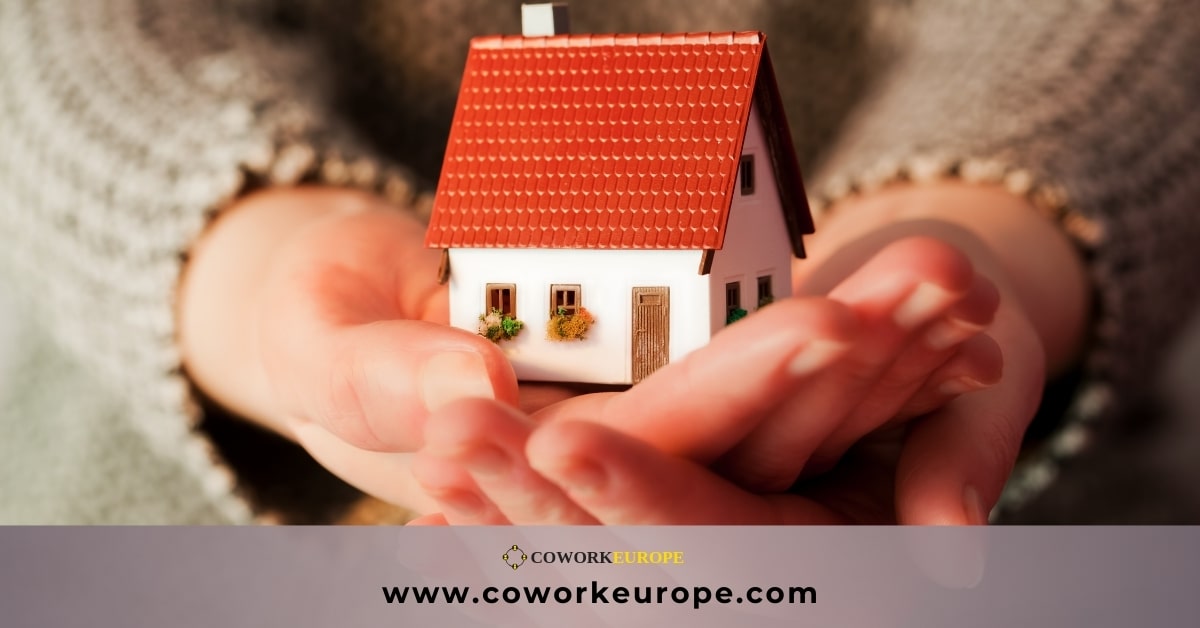Malta’s real estate market has grown rapidly, offering a variety of options for those looking to buy property. Whether you’re a foreign buyer interested in an apartment, villa, or commercial space, there are several key steps to follow when purchasing property in Malta. This guide breaks down the process, especially for foreign buyers.
Key Steps to Purchasing Property in Malta
For those new to the Maltese property market, particularly foreign buyers, the process involves these steps:
- Hire a Real Estate Agent: If you’re unfamiliar with the market, work with a local real estate agent to guide you through the buying process.
- Conduct Property Checks: Carry out a real estate due diligence process to ensure the property has no legal complications, such as debts or mortgages.
- Sign a Preliminary Agreement: Once you agree on terms with the seller, sign a pre-sale contract and make an advance payment, typically around 10% of the property’s value.
- Finalize the Purchase: Complete the transaction and register the property with the Maltese Land Registry.
Working with a Maltese law firm simplifies the process, and if you can’t be present, they can manage the entire transaction on your behalf through a power of attorney.
Special Considerations for Foreigners Buying Property in Malta
Foreign buyers, particularly from non-EU countries, must take one additional step: obtaining an Acquisition of Immovable Property (AIP) Permit from the Ministry of Finance. To qualify for this permit, the property must meet minimum value requirements: around €70,000 for apartments and €117,000 for other real estate. Additionally, you must show that the funds for the purchase come from outside Malta.
Non-EU citizens also face restrictions. The property must be used by you and your family, not rented to others unless it’s in designated areas like Tigné Point, Portomaso, or Cottonera Waterfront. Another option for foreigners is to invest in real estate through Malta’s residency programs, which offer residency benefits based on property acquisition.
The Buying Process in Malta
Here’s a breakdown of the steps to buying property in Malta:
- Property Search: Use a real estate agent or online platforms to find suitable properties. You can also contact sellers directly.
- Preliminary Agreement: Negotiate the price with the seller and sign a preliminary agreement. Typically, you’ll pay 10% of the property’s value at this stage.
- Notary Review: A Maltese notary prepares the necessary documents and checks for legal issues, such as outstanding debts or mortgages on the property.
- Final Contract: Sign the final deed with the seller in the presence of a notary. The property must be registered with the Maltese Land Registry within 15 days of the transaction.
Registering the Property
After completing the purchase, you must register the property with the Land Registry. Submit proof of the transaction to obtain the new title deed in your name. Legal professionals in Malta can assist with this process to ensure all documents are in order.
Residency Linked to Buying Property in Malta
Buying property in Malta may also qualify you for residency. EU and non-EU citizens can apply for ordinary residency, either through purchasing or renting property. However, non-EU buyers who invest in high-value properties can benefit from special programs like the Global Residence Programme, which offers a flat tax rate of 15% on foreign income.
Retirees find Malta particularly attractive due to favorable taxes and high living standards. The Malta Retirement Programme allows retirees to purchase property valued at €275,000 or more, or rent one for €9,000 per year to gain residency. Additional requirements include having medical insurance and a pension registered in Malta.
Financing Your Property Purchase
If you plan to finance the purchase, foreign buyers must obtain approval from the Maltese Central Bank before applying for a mortgage. You’ll need to open a local bank account and provide payslips and bank statements. Some banks may require a signed preliminary agreement before approving a loan.
Seeking legal advice during the mortgage application process is highly recommended for foreign buyers, as the procedures can be complex.
Additional Costs When Buying Property in Malta
When budgeting for your property purchase in Malta, consider these additional costs:
- Stamp Duty: A total of 5% of the property’s value, with 1% payable at the time of the preliminary agreement and the remaining 4% due upon completion.
- Real Estate Agent Fee: Typically 3.5% of the property’s value.
- Notary Fees: The buyer pays the notary’s fees, which vary depending on the complexity of the transaction.
Conclusion: Simplifying the Purchase of Property in Malta
Buying property in Malta is a straightforward process, but foreign buyers should follow key steps to avoid legal complications. Hiring a local real estate agent and a Maltese lawyer ensures that everything runs smoothly. From obtaining an AIP permit to finalizing the purchase, expert guidance is crucial to a successful transaction.
Whether you’re buying property as an investment, for retirement, or for residency, Malta’s real estate market offers a range of options. By following the necessary steps and seeking professional advice, you can confidently buy property in Malta and enjoy everything this beautiful island nation has to offer.operty transactions and get started on your journey to owning property in Malta today.









